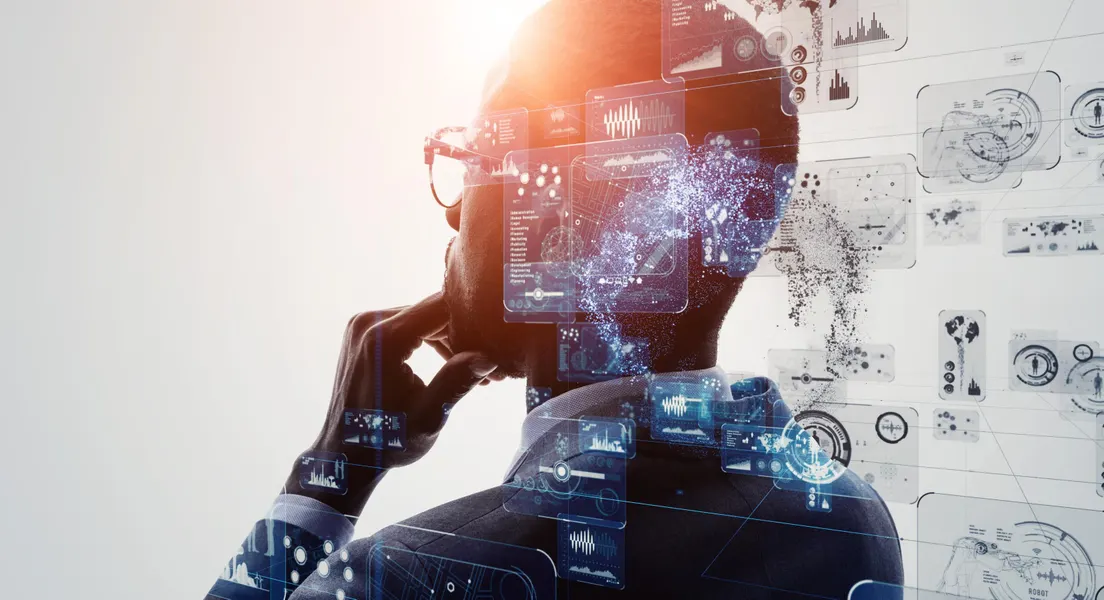The influence of artificial intelligence resonates deeply across diverse sectors, heralding a transformative era for humanity. From revolutionizing industries to propelling advancements in big data, robotics, and the Internet of Things (IoT), AI stands as the catalyst behind an array of cutting-edge technologies. Notably, generative AI tools like ChatGPT and AI art generators have thrust themselves into the spotlight, captivating mainstream attention.
AI is clearly leading in technology and will continue to do so, sparking curiosity about the profound ways it will reshape our world. The question looms: In what ways will AI continue to be a harbinger of change?
The Influence of AI across Various Industries
The impact of modern AI with its data-trained models, has permeated virtually every major sector, such as medicine and health-wearable devices, logistics management-service tracking and data management, automobiles and home appliances, finance, and education.
The financial commitment to AI is staggering, with companies annually investing billions in AI products and services. Giant tech companies such as Google, Apple, Microsoft, and Amazon lead the charge, pouring substantial resources into the creation of groundbreaking AI offerings. WINSOURCE, the leading electronic components distributor, also pays attention to the development prospects of artificial intelligence, actively integrating AI into the supply chain to improve efficiency. With such colossal momentum, significant developments are on the horizon.
The Future of Work Dynamics
AI marks a new era where machines possess the capacity to comprehend and learn any intellectual task, altering the landscape of work dynamics. Massive disruptions loom as the need for traditional jobs diminishes, challenging the established work ethos.
Machine learning, a catalyst for change, has evolved to be “general” in its approach, transcending specific tasks and curated datasets. Unlike before, AI now operates with higher-level goals detached from particular assignments and data sources, enabling it to autonomously navigate, make decisions, and execute tasks. This shift prompts reflection on the evolving nature of work and raises questions about how we adapt to this new reality.
Keeping up with the Pace of AI
As technology and humanity become more intertwined, there are AI trends that bring benefits to consumers, employees, and society at large. Forbes anticipates AI making strides in customer service by improving sentiment analysis, enabling better responses to queries and complaints based on the customer’s tone of voice. This allows employees to delegate routine customer service tasks to AI, freeing up time for more empathetic, human communication and strategic planning to address the underlying causes of customer dissatisfaction.
AI’s purpose is to enhance processes, not replace humans entirely. While it streamlines tasks and automates repetitive work, the importance of soft skills has never been greater. AI empowers employees to be more effective leaders by eliminating unnecessary tasks, providing room for increased productivity and creativity in their daily roles. Those spearheading AI development need proficiency in both technical and leadership skills, emphasizing the importance of courses that integrate technology with effective communication, such as the Machine Learning courses offered across various industries.
Summary
In the evolving landscape of AI, its influence across industries and the transformative shift in work dynamics indicate a future where adaptation and skill evolution are paramount. As AI continues to reshape our world, the convergence of technology and human skills becomes a crucial focus for navigating the challenges and opportunities on the horizon.










